Things you should never do with aluminum foil – experts advise
7 ways to never use aluminum foil in your kitchen, to ensure your food remains uncontaminated and your appliances undamaged
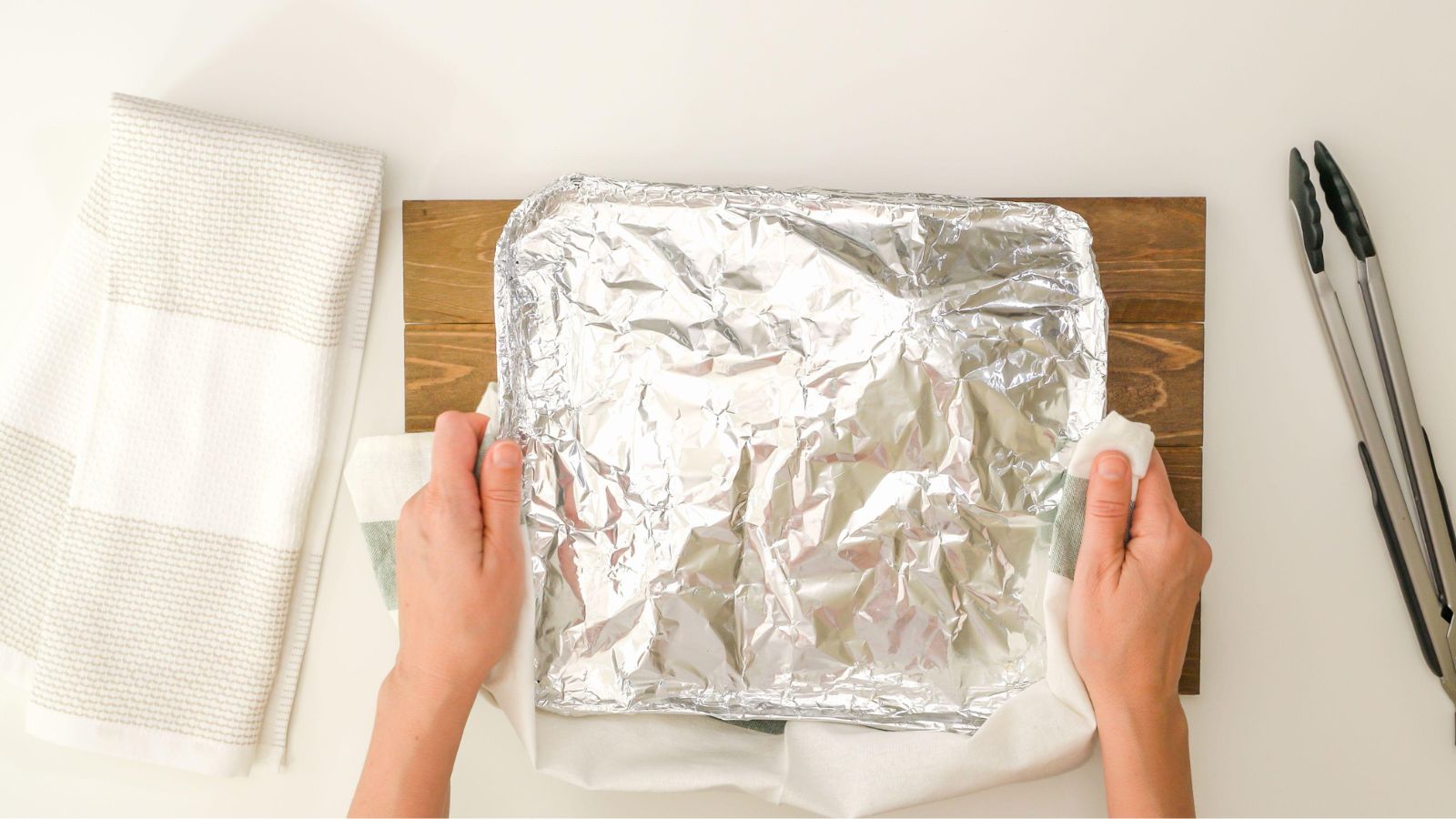
- 1. Don't use aluminum foil to cook acidic or salty foods
- 2. Don't use aluminum foil in a microwave
- 3. Don't use aluminum to store food
- 4. Don't use aluminum foil in the bottom of a fireplace or stove
- 5. Don't use aluminum foil to line a baking sheet
- 6. Don't use aluminum foil with non-stick products
- 7. Don't reuse it
- FAQs

Aluminum foil is the versatile product that's mostly used in the kitchen, however, there are a few aluminum foil uses we don't recommend – seven in fact – that are either a risk to your health and safety or are just not practical, despite what you may have previously been told.
As one of the most used items for cooking, food storage in the kitchen, it's important to know what the don'ts are when it comes to using aluminum foil to make sure your food, kitchen and health don't suffer as a result.
Our experts have explained the things you should never do with aluminum foil
Things you should never do with aluminum foil
Ensure safe kitchen practices by exploring the ways in which aluminum foil shouldn't be used, and make sure to avoid these in the future to keep your food and appliances from being negatively impacted.
1. Don't use aluminum foil to cook acidic or salty foods
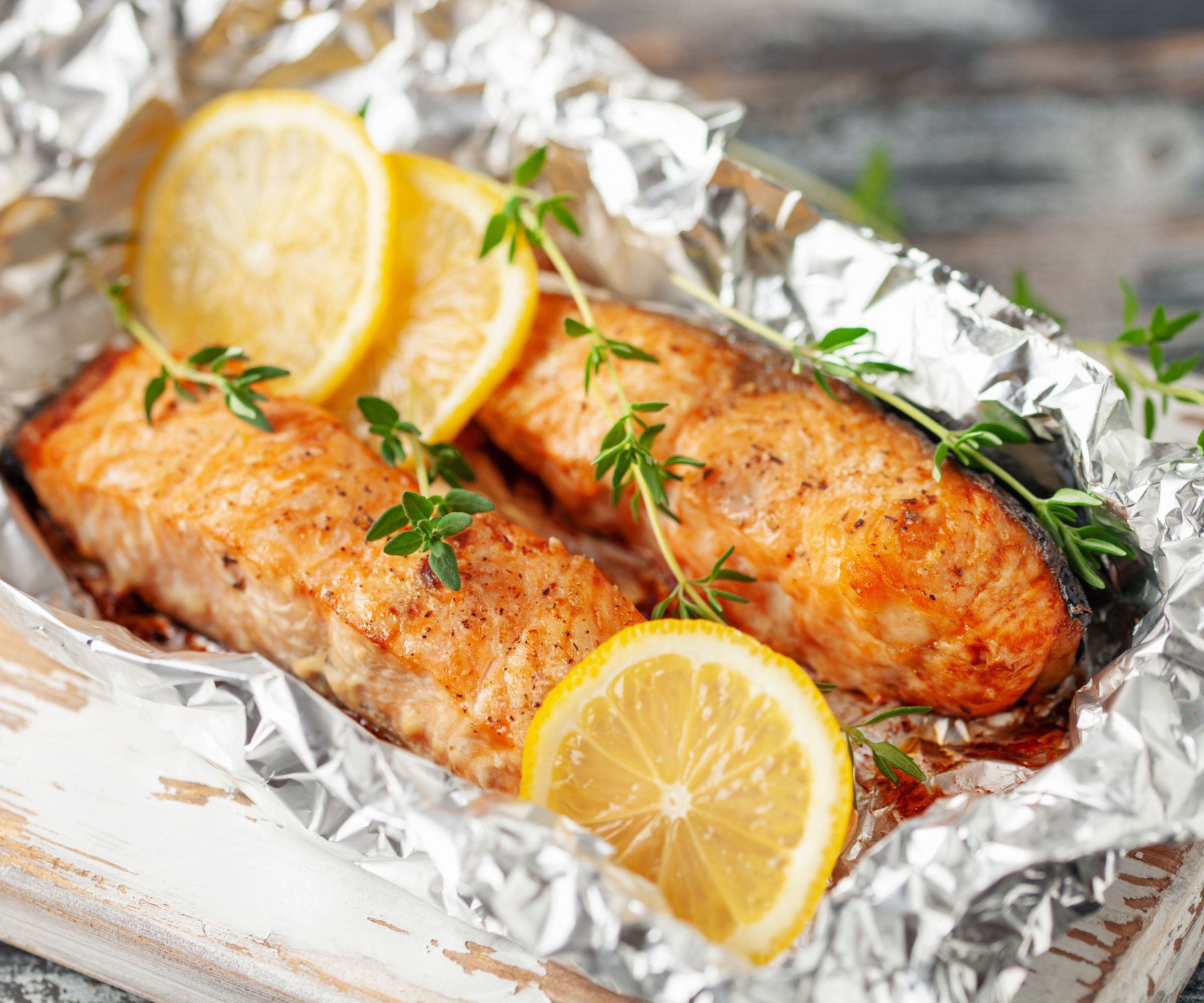
'Aluminum foil should not be used to cook or store highly acidic foods, such as tomatoes, citrus fruits, or even vinegar-based sauces,' warns Natalia Thompson, CEO and Recipe Creator at Flavorful Home. 'Since acid can react with the aluminum, it can potentially cause the foil to break down and transfer aluminum into your food.
'If you must use aluminum foil in the cooking process, just make sure that it doesn't come into direct contact with the acidic ingredients. You can even use a layer of parchment paper as a barrier between the foil and the food.'
Ralph Abundo at Canberra Bond Cleaning also advises, 'Similar to acidic foods, avoid using aluminum foil for cooking or grilling highly acidic dishes or containing a lot of salt. The foil can react with the acids or salts, leading to the transfer of aluminum into the food.'
So, be careful to consider what food you are cooking with to ensure you avoid using aluminum foil with those with salty or acidic elements.

Natalia Thompson is the CEO and Recipe Creator at Flavorful Home, a company that focuses on home cooking tips and flavorful recipes. Natalia loves feeding her family flavorful meals, experimenting in the kitchen, and trying new ingredients and cuisines.

Ralph Abundo is the Director of Canberra Bond Cleaning. They understand the importance of clean, working appliances. Their bond-back cleaning services include deep degreasing and sanitizing ovens to meet lease-end inspection standards.
2. Don't use aluminum foil in a microwave
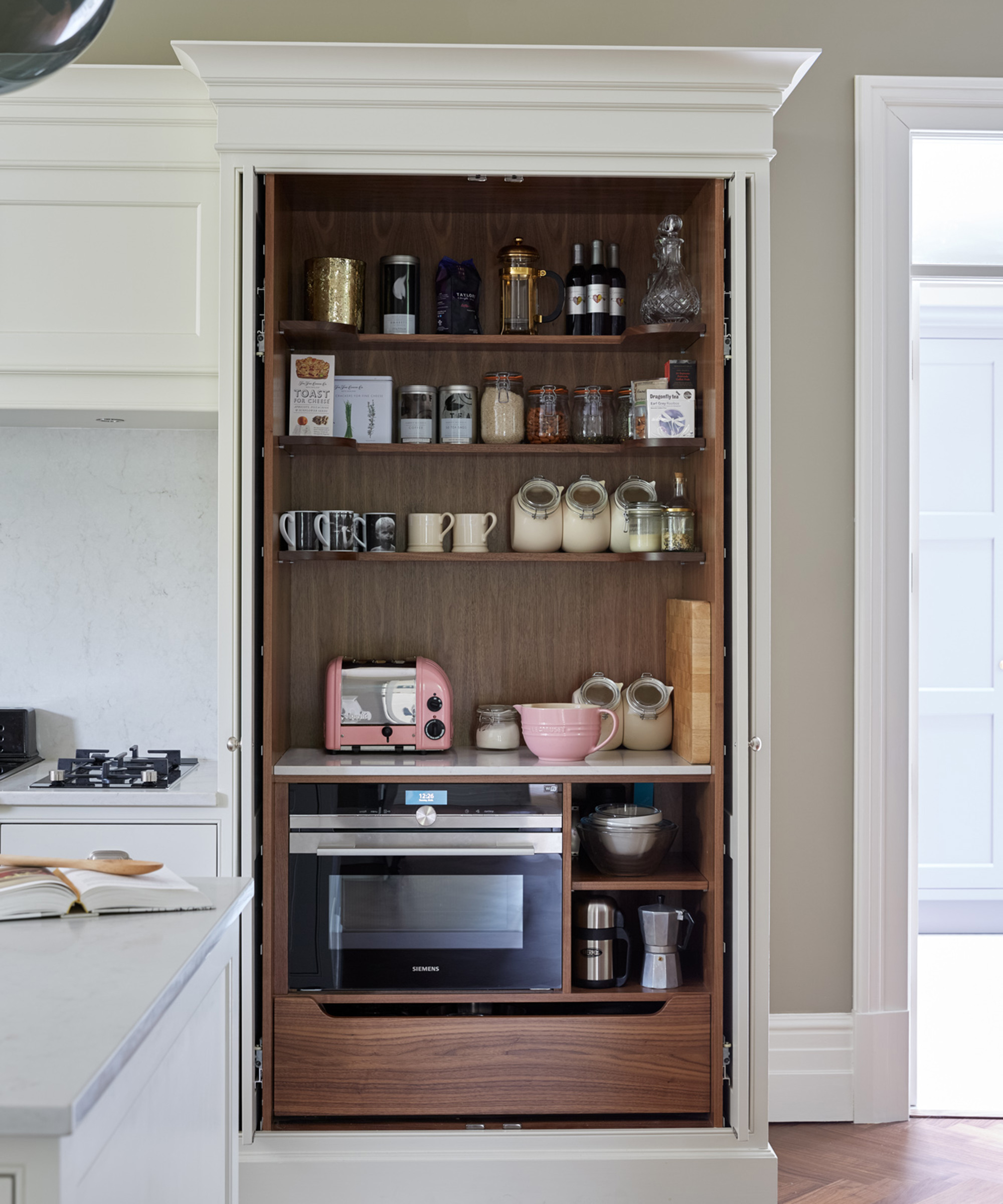
If you're wondering if you can put aluminum foil in the microwave, the answer is no.
Nathaly Vieira, owner of Inspire Clean says, 'I strongly recommend against using aluminum foil in the microwave. My suggestion is to transfer food to microwave-safe containers before heating. Aluminum foil can spark when exposed to microwaves, posing a fire hazard. Ensuring safety in the kitchen should always be a priority.'
Helen Knight, cooking expert from SolveKitchenIssue comments, 'Microwaves heat food by vibrating water molecules. Aluminum foil reflects microwaves, which can cause arcing, sparks, and even fire.'
This is one of the biggest safety issues when it comes to using aluminum foil, so be careful to always check no foil has made its way into your microwave along with your food.

Nathaly Vieira is a professional cleaner and founder of Inspire Clean, a cleaning company full of cleaning tips and advice. Based in the US, the company aims to reach people in the Niagara region, Hamilton, Burlington, Oakville, Milton, Mississauga, Guelph, and Kitchener-Waterloo.
3. Don't use aluminum to store food
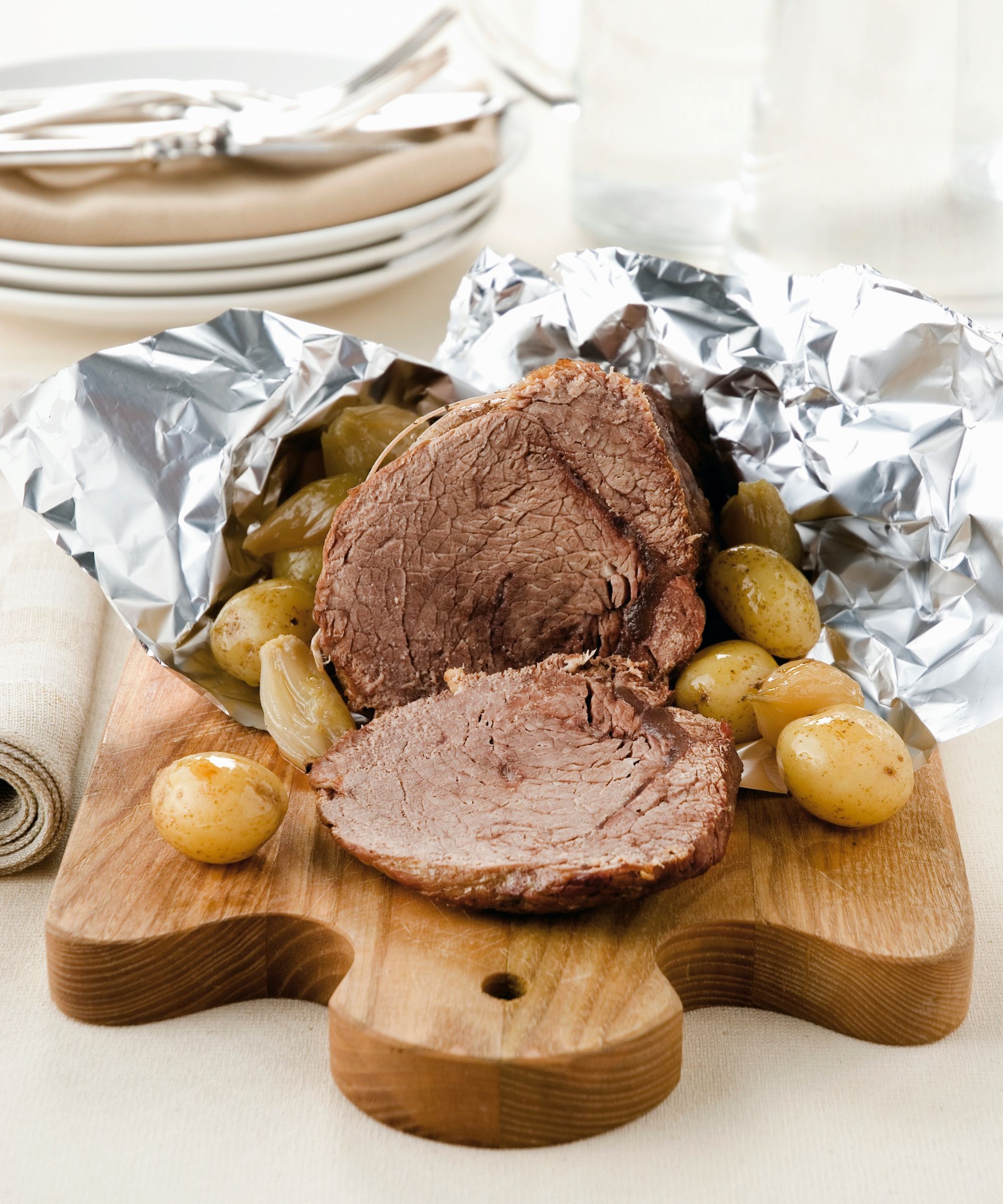
Steve Gendron, founder and editor at Mindful Living Choice says, 'Storing food in aluminum foil for extended periods can lead to contamination.'
Nathaly Vieira adds, 'Over time, the interaction between aluminum and acidic or salty foods can lead to aluminum leaching into your meals. The acid in such foods can react with the foil, potentially transferring aluminum into your meal, which may not be ideal for health reasons.
'For safety and food quality, opt for proper storage solutions.'
'It's better to use glass or stainless steel containers for storage to prevent potential health risks,' suggests Steve Gendron. There are plenty of eco-friendly food containers that will do the job such as these Honest Goods eco friendly meal prep containers from Walmart.
With a background in biotechnology and biomedical research, Steve has dedicated himself to fostering a natural, organic, and toxin-free lifestyle through Mindful Living Choice. Steve's personal experiences and extensive research serve as the foundation for the knowledge and viewpoints expressed on the site, aiming to inspire and educate consumers about the benefits of mindful product choices.
4. Don't use aluminum foil in the bottom of a fireplace or stove
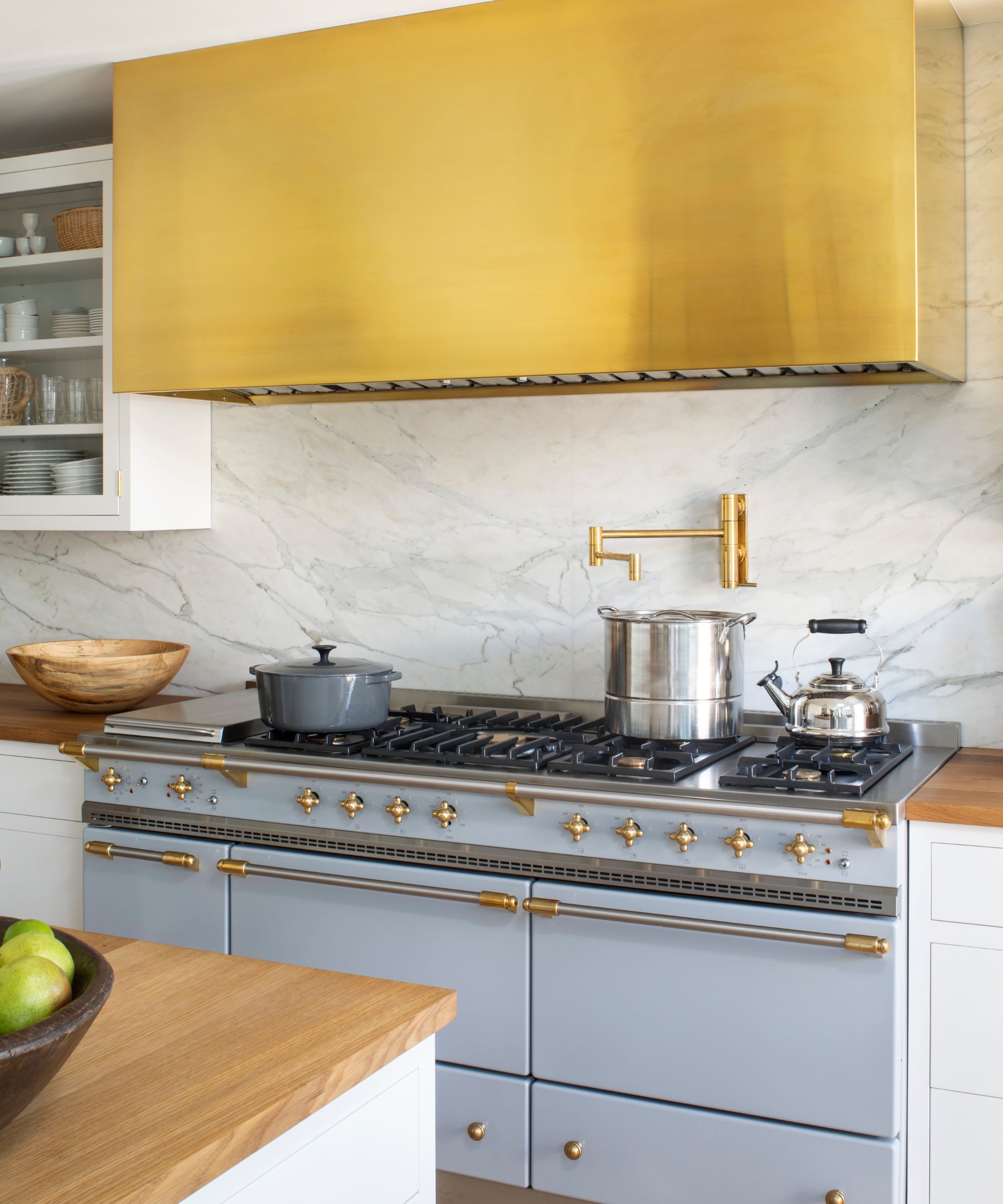
Although using aluminum foil in the bottom of a fireplace or stove is a popular method used to avoid messy oven clean-ups, it can damage your appliance, shortening its longevity and potentially blocking heat from circulating properly, reflecting it back onto the oven's heating elements. This can damage important parts of your oven, so we strictly advise using aluminum foil for this.
Fireplace and wood stove expert at Fire and Saw, Daniel Morris warns, 'No one should ever line the bottom of their fireplace or wood stove with aluminum foil to catch ashes. Some people do this to help make clean-up easier, but it's not advisable.
'Aluminum foil could restrict the airflow in some appliances (depending on the design) and lead to other problems like faster creosote build-up. Also, if the fire gets hot enough, which it can when heat is concentrated, there's a risk the foil could melt and then bond to the bottom, creating a mess or potentially damaging the unit.'
5. Don't use aluminum foil to line a baking sheet
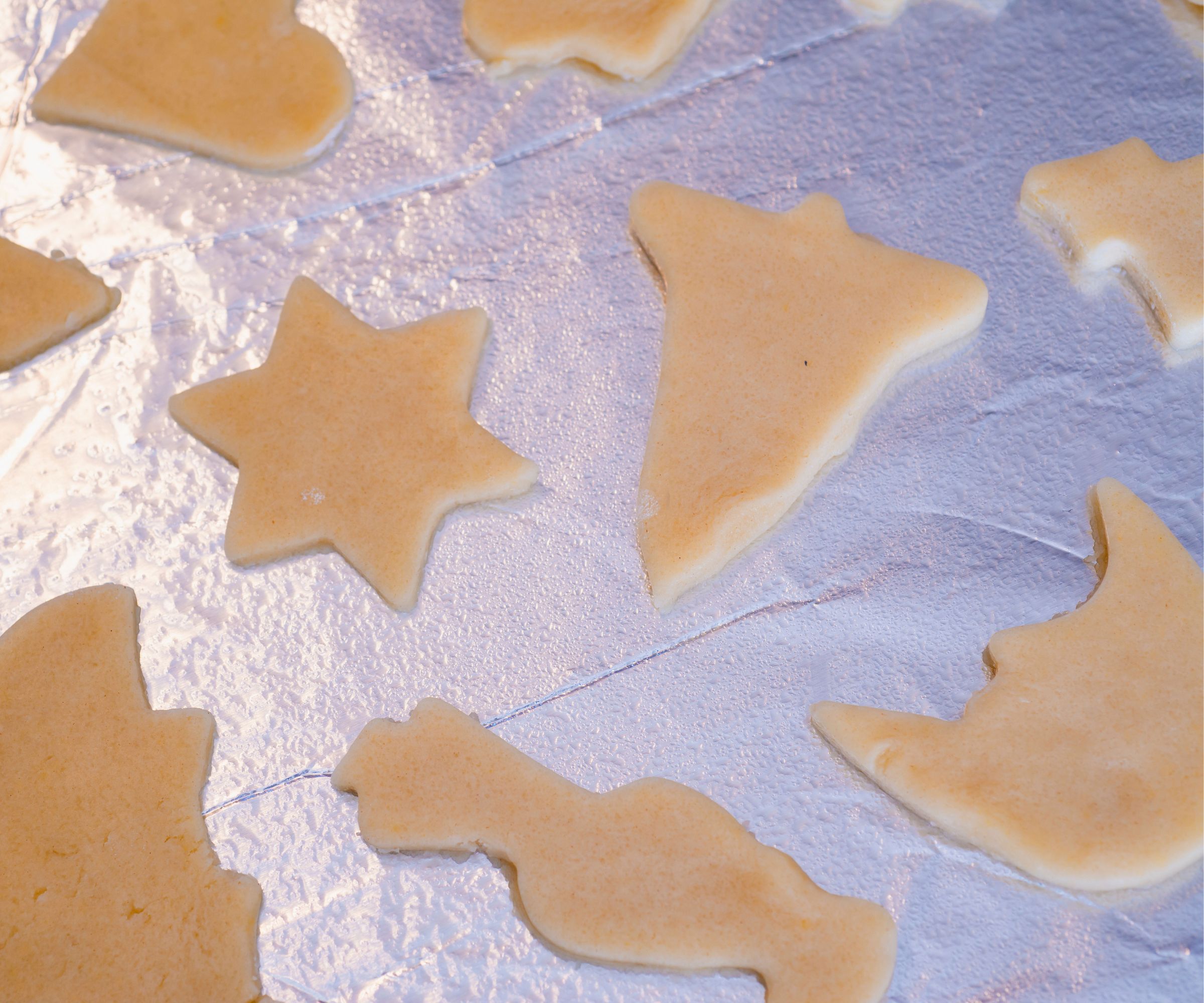
Dan Gallagher, registered Dietician at Aegle Nutrition advises, 'When baking cookies, never use aluminum foil to line your baking sheet. Foil is not interchangeable with parchment paper.
'Foil will reflect the heat, which will bake the cookies at a much faster rate than what you want, which means your cookies will be burnt on the bottom. Parchment paper will only keep your cookies from sticking to the pan.'
Cooking and kitchen expert, Helen Knight shares, 'I was once baking cookies and I didn't have any parchment paper, so I thought I would use aluminum foil instead. I lined the baking sheet with foil and then put the cookies on top. When I put the cookies in the oven, I heard a loud popping noise and saw sparks flying. I quickly opened the oven and saw that the aluminum foil had melted and caught fire. I had to throw the cookies away and clean up the mess.'
6. Don't use aluminum foil with non-stick products
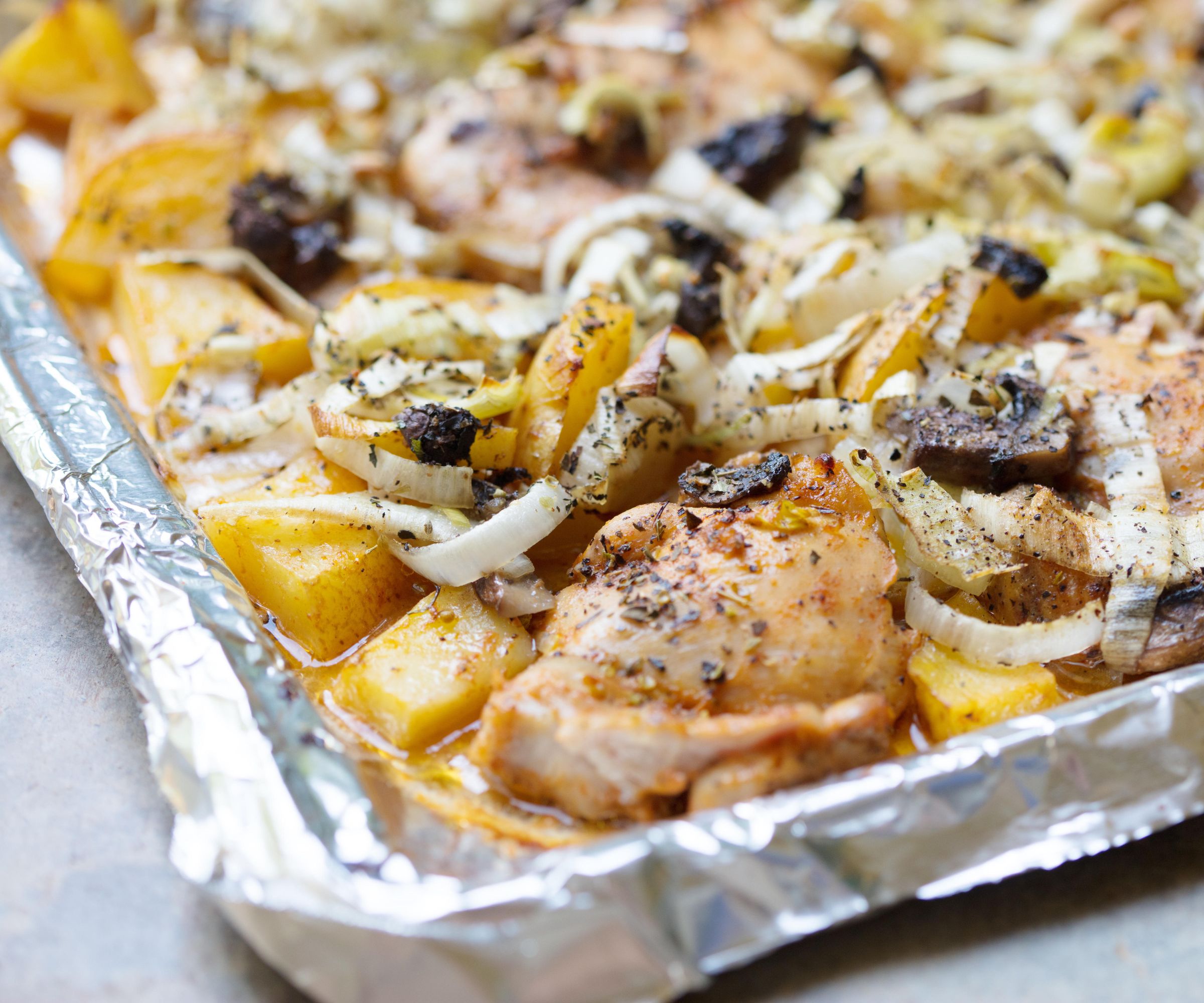
Ralph Abundo at Canberra Bond Cleaning advises, 'Placing aluminum foil on non-stick cookware can damage the non-stick coating. It can also make cleaning more challenging, as the foil can stick to the surface and be difficult to remove.' This may mean you will have to regularly replace your cooking products as well as resulting in more elbow work when cleaning.
Steve Gendron, founder of Mindful Living Choice adds, 'Spraying aluminum foil with
non-stick spray can create a chemical reaction, releasing harmful substances into the food.'
7. Don't reuse it
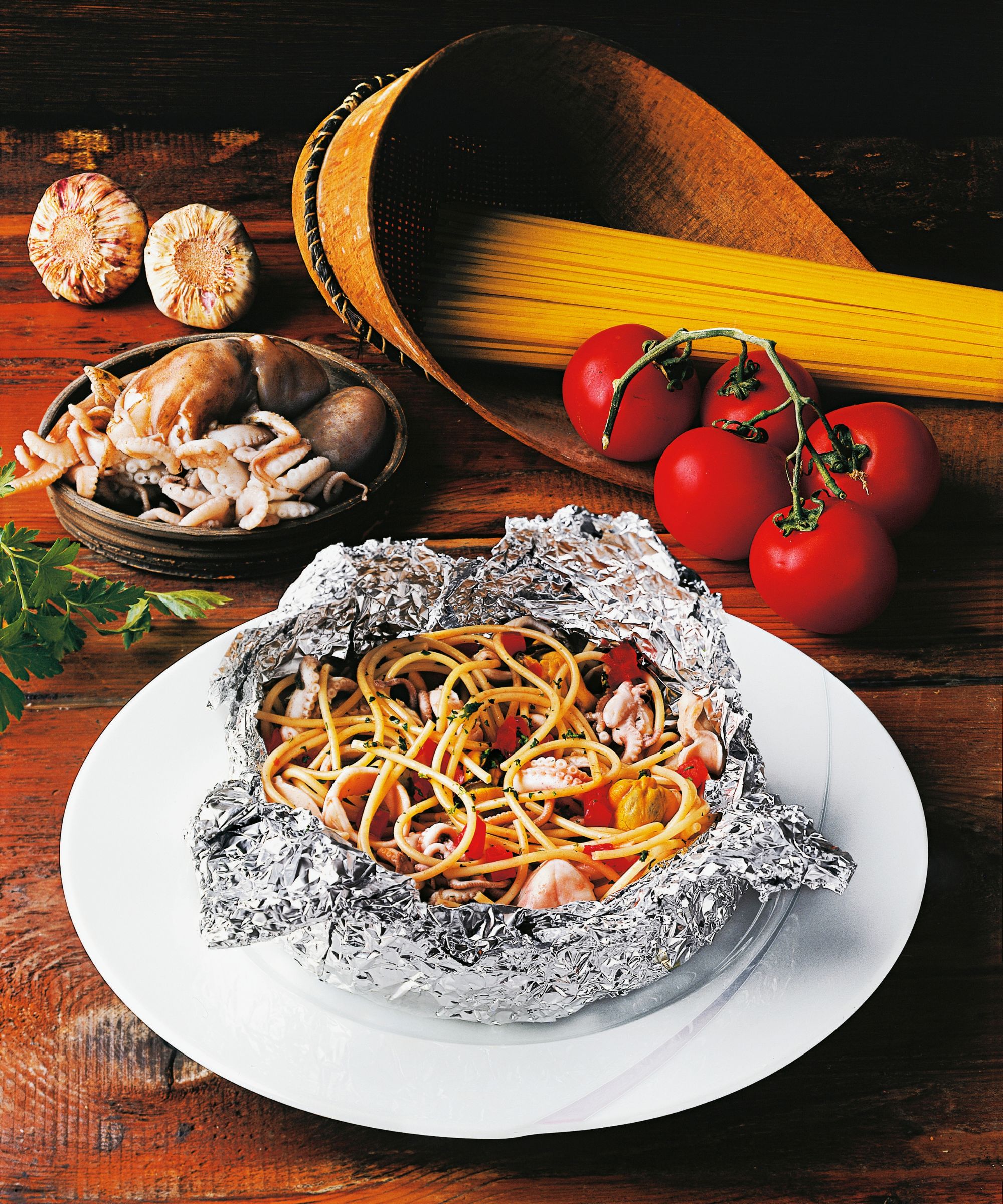
Although it may be tempting to reuse your aluminum foil to be more eco friendly, as well as to save yourself from repurchasing the product as regularly, it's not an advisable practice.
Helen Knight says, 'It loses some of its protective coating whenever you use aluminum foil. After one use, it's best to recycle it and use a new piece.'
FAQs
How can using aluminum foil impact your foods flavor?
Andrew Carter, personal chef and culinary instructor at Leon Bistro recommends, 'When aiming for better browning or crispiness, avoid covering food entirely with foil, which traps steam and inhibits even browning, so it's better to use foil sparingly or in a way that allows the food to brown.'
Additionally, Ralph Abundo at Canberra Bond Cleaning says, 'Don't wrap hot or steaming food directly in aluminum foil. Allow the food to cool for a few minutes to prevent steam from getting trapped inside, which can affect texture and flavor.'
'Not all foils are created equal, so always choose high-quality, heavy-duty foil for the best results in your cooking endeavors.' suggests Andrew Carter, personal chef at Leon Bistro. We recommend this extra heavy duty aluminum foil from Amazon.
Sign up to the Homes & Gardens newsletter
Design expertise in your inbox – from inspiring decorating ideas and beautiful celebrity homes to practical gardening advice and shopping round-ups.

Lola Houlton is a news writer for Homes & Gardens. She has been writing content for Future PLC for the past six years, in particular Homes & Gardens, Real Homes and GardeningEtc. She writes on a broad range of subjects, including practical household advice, recipe articles, and product reviews, working closely with experts in their fields to cover everything from heating to home organization through to house plants. Lola is a graduate, who completed her degree in Psychology at the University of Sussex. She has also spent some time working at the BBC.
-
 Ina Garten's storage pantry is an insightful window into all of the best cookware used by the chef – and it's easy to recreate on your kitchen shelves from $48
Ina Garten's storage pantry is an insightful window into all of the best cookware used by the chef – and it's easy to recreate on your kitchen shelves from $48The beautiful dishware in The Barefoot Contessa's Hamptons pantry showcases the tools she uses most often to cook – this is exactly how you replicate it
By Sophie Edwards Published
-
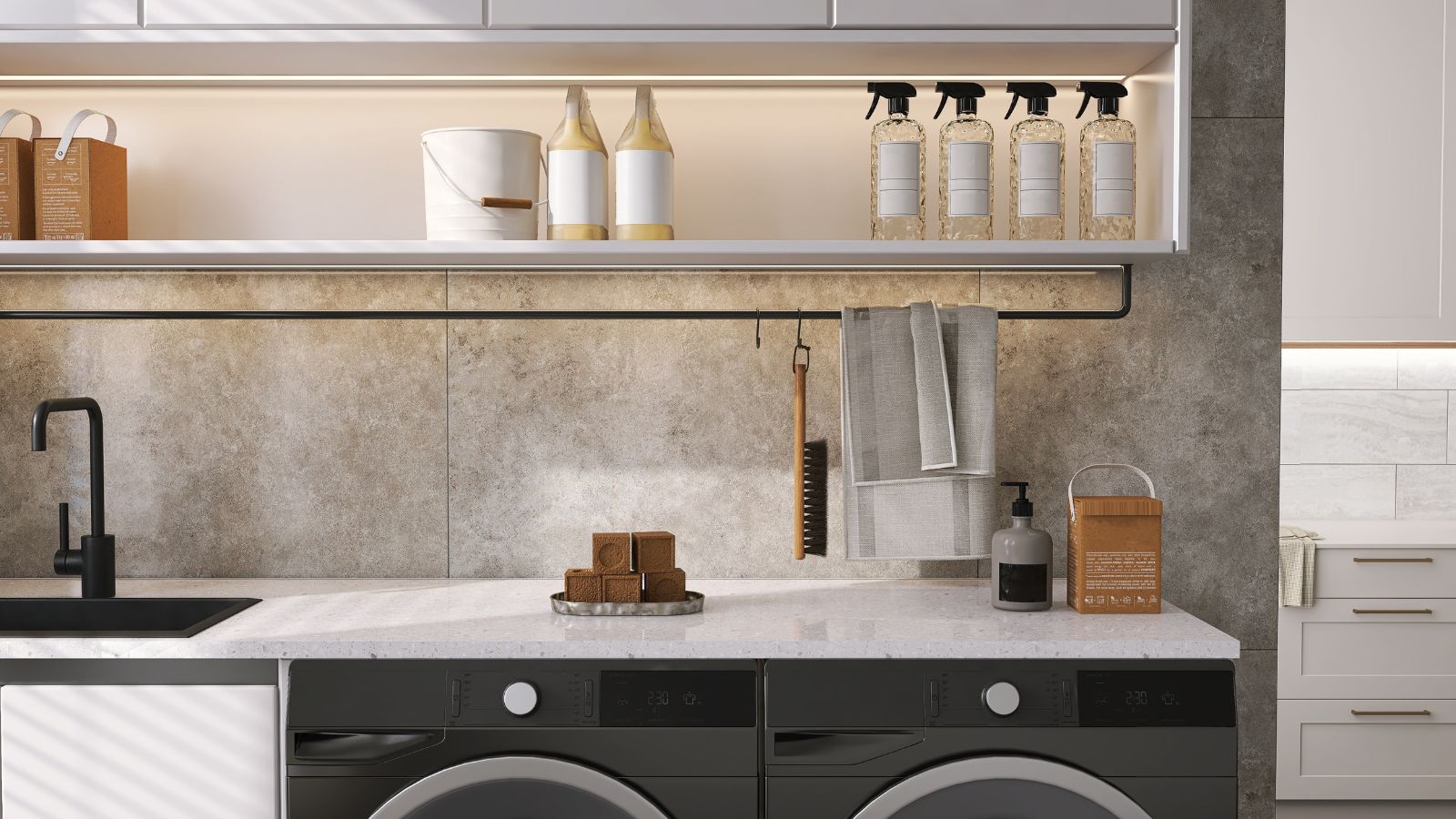 Extend the lifespan of your appliance with 5 simple but crucial washing machine maintenance tips
Extend the lifespan of your appliance with 5 simple but crucial washing machine maintenance tipsFrom cleaning the filters to keeping the door open, experts reveal the washer tips they swear by
By Andy van Terheyden Published